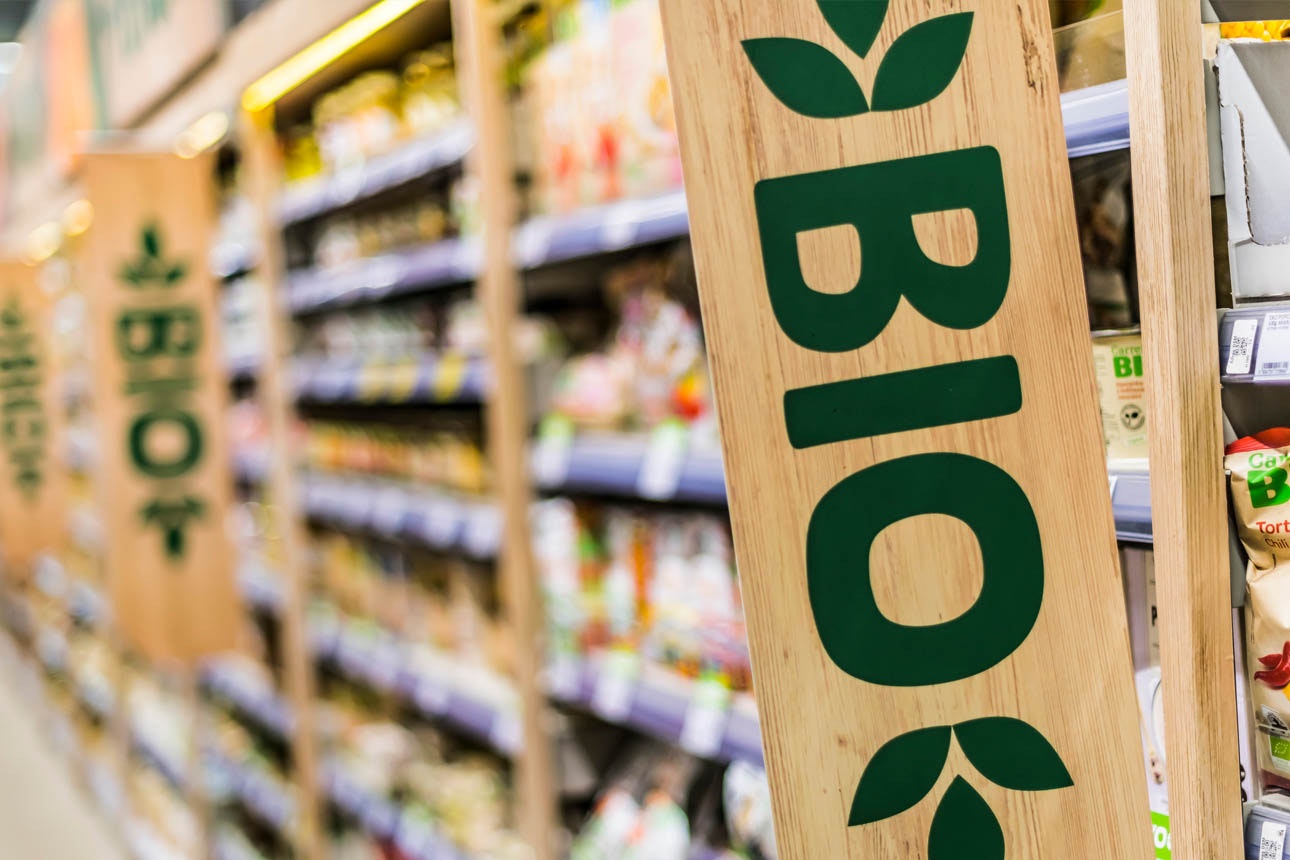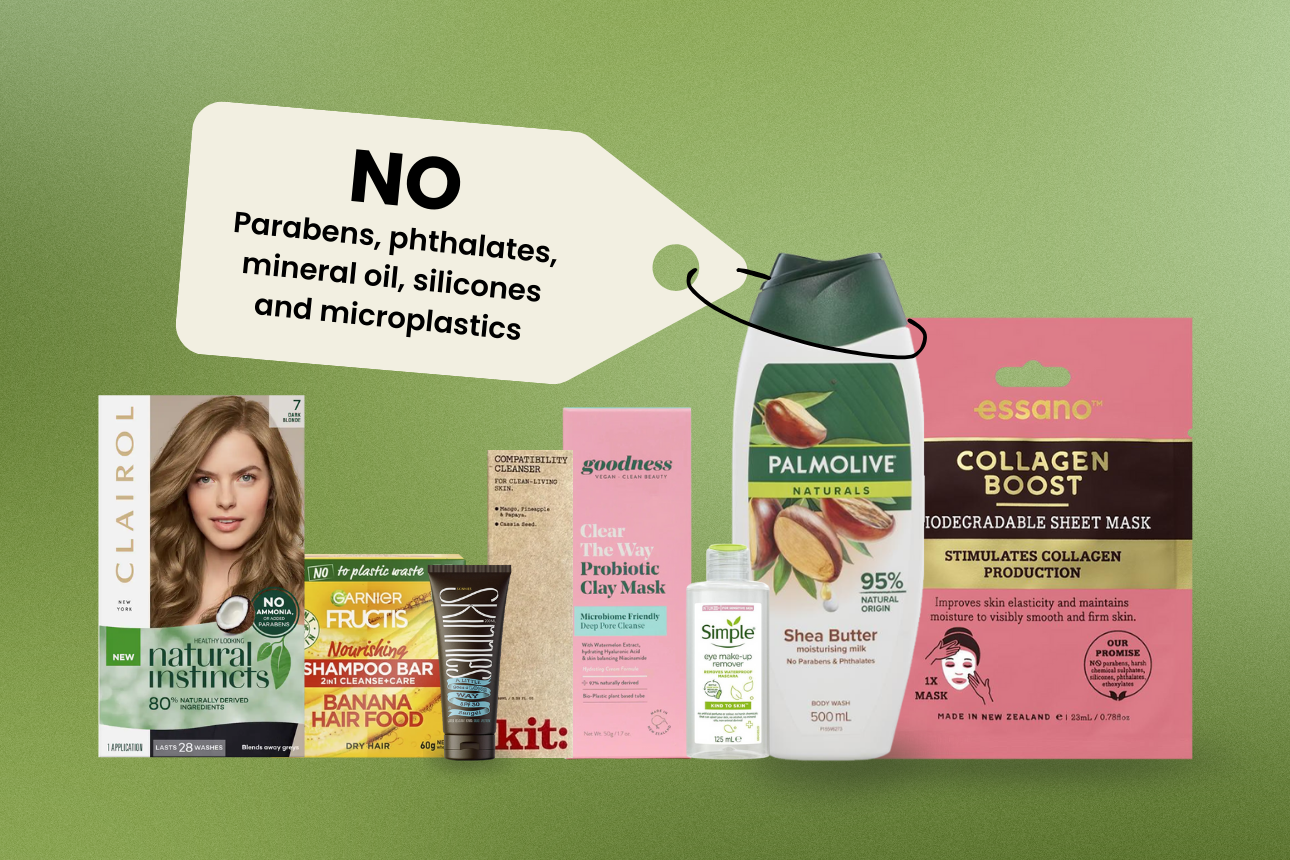Greenwashing is rife in New Zealand. We want your help gathering greenwashing examples to determine the scope of the problem.
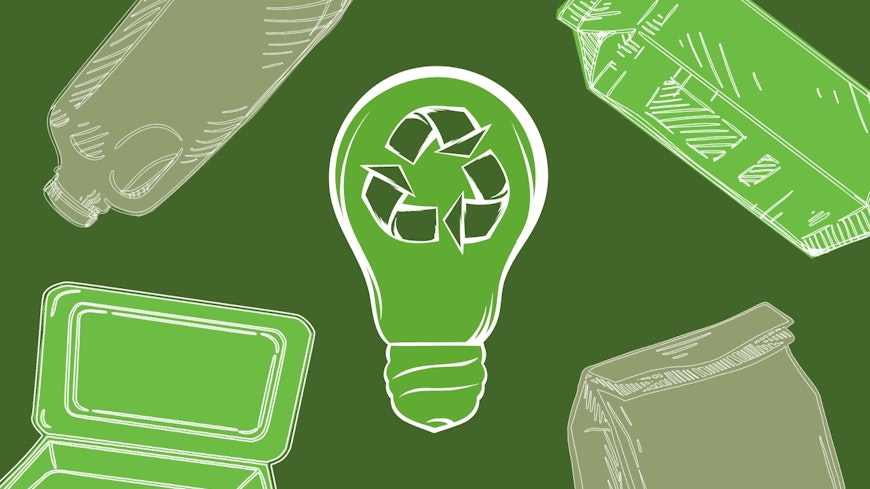
Almost half of New Zealanders (47%) find it difficult to tell the truthfulness of a product’s green claims, and three-quarters of us have never checked the accuracy of green claims, according to Consumer’s latest research.
About half of us (44%) will change brands if we think another brand’s products are more sustainable.
We describe greenwashing as “sneaky marketing that makes you think something is ‘greener’ or more environmentally-friendly than it really is.”
“Greenwashing tactics can be obvious, like earthy-toned packaging or a green tick, but often, greenwashing is subtle, understated, and difficult to spot,” says Gemma Rasmussen, head of advocacy and research at Consumer.
“Greenwashing is problematic because the people being misled are those that are trying to make conscious purchasing decisions,” said Rasmussen.
“Three-quarters of people have never checked the accuracy of a product’s green claims. And if people come across a green claim they believe to be false, they don’t know where to report it.”
Dishing the dirt
We recently examined “green” laundry detergent claims and found many were not backed up with evidence.
“EcoLiving's Laundry Detergent Sheets claimed to be clean, green and simple, eco-friendly, with naturally derived ingredients, plastic free and compact, and 90% less freight footprint.
"Our investigative team couldn't find anything on the packaging, or company website to back those claims up. We contacted the company to ask for the evidence behind the green claims, but they didn't give us a response by our publication deadline.”
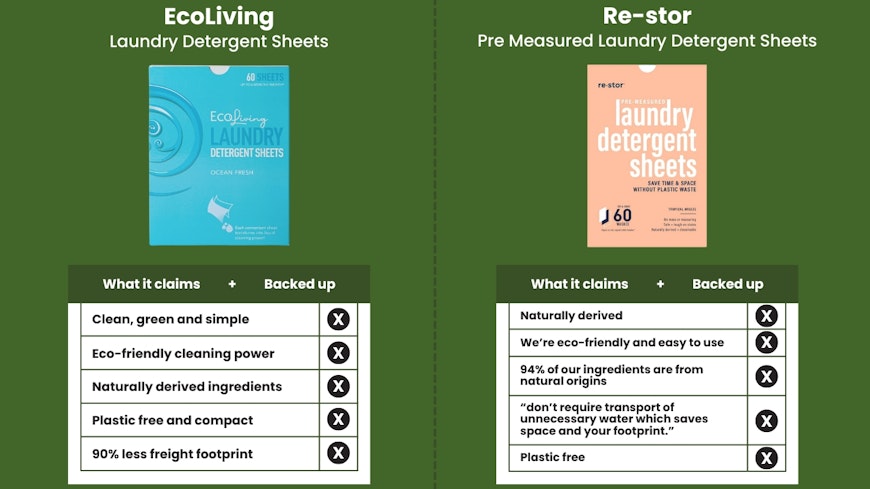
It was the same story with Re-Stor Pre Measured Laundry Detergent Sheets. The product features bold claims about being “naturally derived” and ”eco-friendly”, but again, there's nothing on the packaging or on the company's website to back up those claims, and questions about the origin of those claims went unanswered.
“Of the detergents our test team put through their paces, the most expensive products per load were marketed as green.”
While the Commerce Commission can fine manufacturers or businesses if they mislead consumers or make unsubstantiated claims, we are concerned this approach relies on shoppers working out who is making dodgy claims, and then reporting them.
“We don’t think it’s reasonable to expect shoppers to police misleading and false claims. From what we have seen so far, it doesn't look like the government is going to have a focus on tackling our greenwashing epidemic.
“Our High Court action against Z Energy shows that we are prioritising tackling greenwashing. We think the Z Energy case is a clear example of a major corporation greenwashing the New Zealand public, and we believe this behaviour must stop.”
Send in your examples of potential greenwashing
“It might be in a store, online, or a questionable ad on radio or TV. If you hear or see some something that seems like greenwashing, send it to us via the form on our website with a brief explanation.
“We’ll investigate the best examples, verify the claims, and share our findings in a quest to put an end to greenwashing."
Further afield, regulators in the EU, UK and Australia have already investigated greenwashing, finding 40-50% of claims to be misleading.
"We think the problem would be the same, if not worse, here.
“Whether it’s intentional, lazy or a genuine misunderstanding by the business, it doesn’t matter. New Zealanders are being misled, and we need your help to do something about it.”
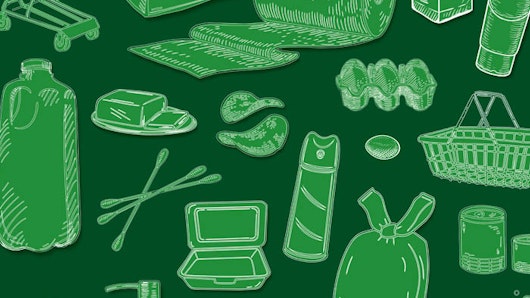
Help stop greenwashing in Aotearoa
We need your help to call out dodgy 'green’ claims.
